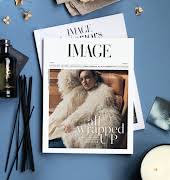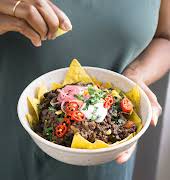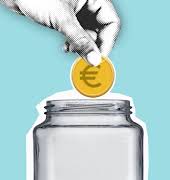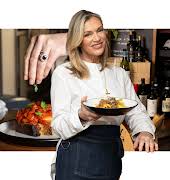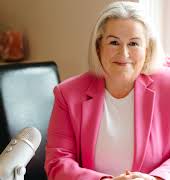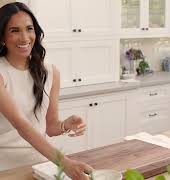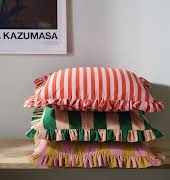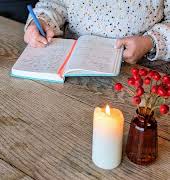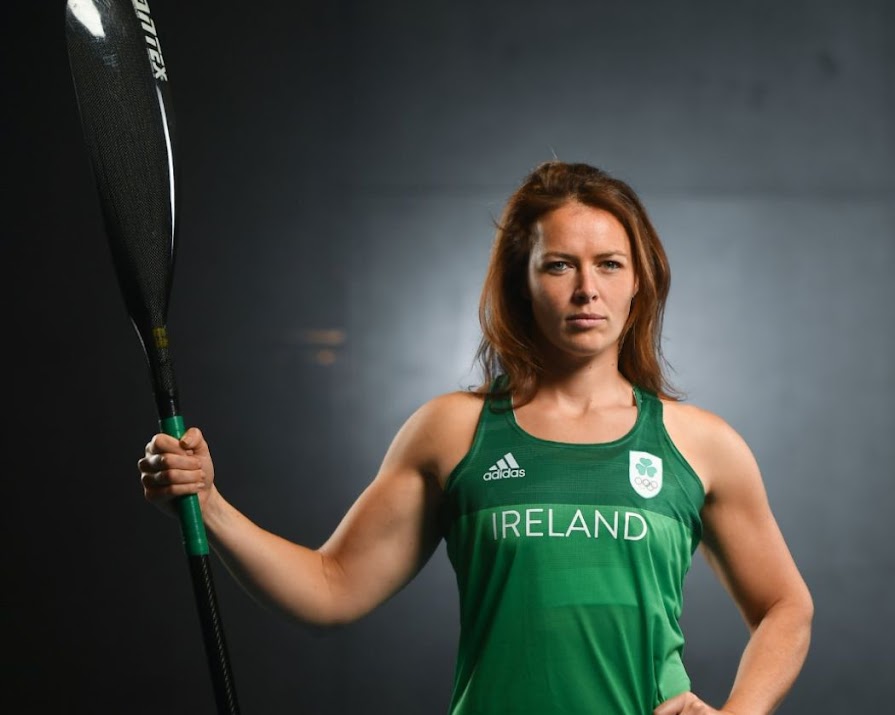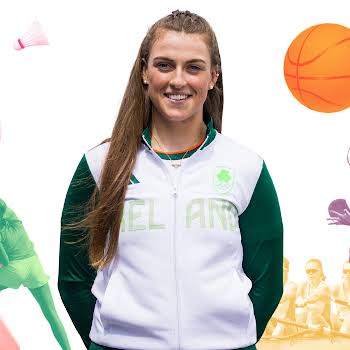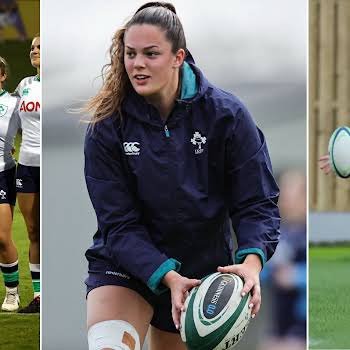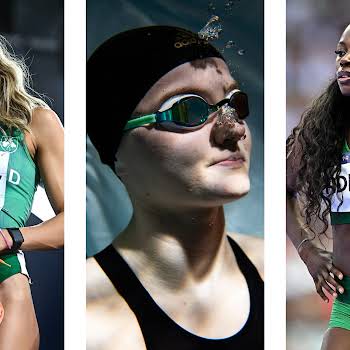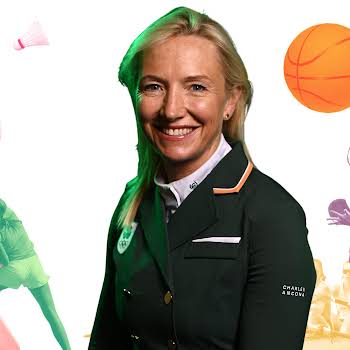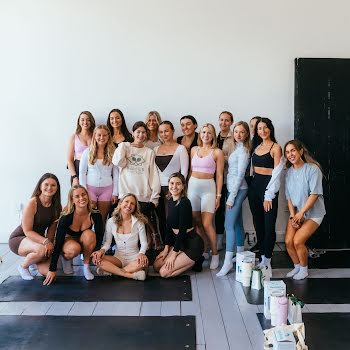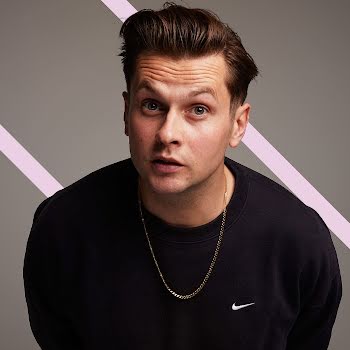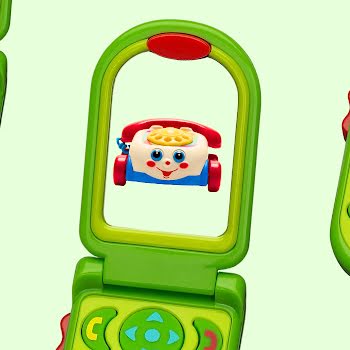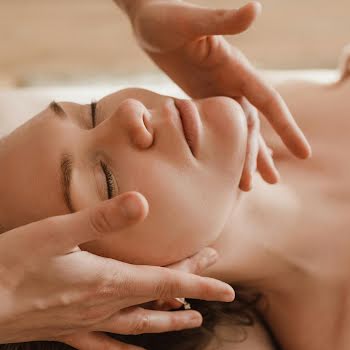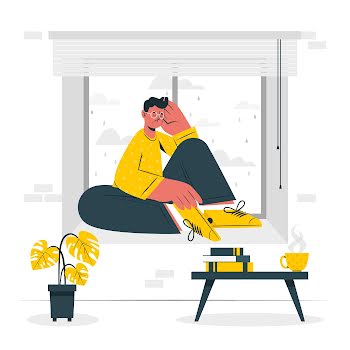By Sarah Gill
06th Mar 2023
06th Mar 2023
In this instalment of our Women in Sport series, we hear from multiple World Championship Medallist, canoeist Jenny Egan on her story so far.
Jenny Egan is a multiple World Championship medallist, a European Championship medallist and multiple World Cup medallist. The only Irish athlete — male or female — to win International Canoe Federation Senior Canoe Sprint World Championship medals, a Senior Canoe Sprint European Championship medal, and ICF Senior Canoe Sprint World Cup medals, Jenny is currently Ranked Number 1 in the World in the ICF Senior Women’s K1 5000m event.
Jenny has a passion for increasing visibility of women in sport, and is a member of the Sport Ireland Women in Sport Steering Committee as the only athlete representative. Jenny is from Lucan, Co. Dublin and is a member of Salmon Leap Canoe Club, Leixlip, Co. Kildare.

Earliest sporting memory?
Being eight years old and competing in my first race at The National Water Sports Centre, Holme Pierrepont, Nottingham, England. I was in a K4, which is a four-person boat with girls who were 14 years old. I remember wearing my mum’s lifejacket and being so small that I could barely see over the top of it.
How did you become involved in your sport?
My passion for my sport started at an early age, as both my parents Angie and Tom Egan were canoeists since they were both teenagers, and they are also members of Salmon Leap Canoe Club. My brother Peter is also an international canoeist and when I was growing up, he was and still is one of my greatest role models, as I always wanted to follow in his footsteps and he helped me greatly in doing so. My mum says I was in a boat before I was born, as she paddled when she was pregnant with me!
I first sat in a boat on my own when I was three years old and I competed in my first race at The National Water Sports Centre, Holme Pierrepont, Nottingham, England when I was eight years old. I became British National Sprint Champion Under 14 and British National Marathon Champion Under 14. When I was younger, I did many activities, my mum was bringing me to many classes after school; dance, drama, singing, violin and I also played many different sports throughout the years. But when I was 15 years of age, I decided that canoeing was what I wanted to focus on, as it was and still is my passion. I am extremely competitive and I love the feeling when everything works in unison for me to produce my best races.
What message would you like to share with young women and girls interested in pursuing a career as an athlete?
I would encourage young women and girls to get involved in sport and to always have self-belief when pursuing a career as an athlete. Self-belief is something we need to always work on and sometimes it can be difficult in certain scenarios. My self-belief has been built by surrounding myself with positive people in my life. Sport has taught me how to believe in myself during times of high pressure. It has taught me to turn a negative thought into a positive thought, building self-belief, striving to be the best version of ‘me’ in all walks of life. I believe in myself and this has been a major contributing factor for me achieving on the World Stage.

Proudest moment so far…
Winning Ireland’s first Canoe Sprint World Championship medal in 2018 in Montemor-o-Velho, Portugal. I am also so proud to have continued to win Canoe Sprint World Championship medals winning a silver medal in 2021, in Copenhagen, Denmark and a bronze medal in 2022 in Halifax, Dartmouth, Canada. It was also very special to win my 10th Canoe Sprint World Cup medal to date in 2022 winning a bronze medal in the Canoe Sprint World Cup in Poznan, Poland which shows my consistency over the years.
To achieve consistent sporting performances, it is essential to have a consistent balance in life: consistent training, consistent everyday life, consistent mentality and consistent preparation. I make sure that my training sessions are as consistent as possible, working hard and smart in every session. My life must also be consistent, eating nutritional food, getting adequate recovery, having good sleeping patterns, making sure I am on top of my studies/work and having great relationships with my family and friends, as if I am not happy, I will not be able to prepare correctly and I will be distracted. Consistent mentality is also essential, I must have self-belief and trust in my support team and I also use mental imagery to help me to perform to the best of my ability.
Lastly, it is highly important to have consistent preparation, I always have a preparation routine which I do before each competition, this installs confidence and helps to manage nervous energy, both on the days leading up to the competition and on the competition days.
The female athlete I admire most is…
The female athlete I admire most is Sonia O’Sullivan. Sonia paved the way for so many female and male athletes in Ireland, she showed that with resilience you can achieve your goals. Sonia kick started increasing visibility of women in sport and her performances have shown both female and male athletes what can be achieved on the World Stage.
Favourite sporting memory…
Winning Ireland’s first Canoe Sprint World Championship medal in 2018 in Montemor-o-Velho, Portugal. I had dreamt of this day for many years and I was so relieved and happy when I crossed the finish line with my mum and dad shouting with excitement with me and my brother and now husband in tears on the phone having watched the race online from Ireland. We were all ecstatic with happiness at what we had achieved together.

Do you think there is still a stigma around women in sport?
Sport has given me so many opportunities throughout my life so far and I am very honoured to be an ambassador for my sport and the only athlete representative on the Sport Ireland Women in Sport Steering Committee; a task force established to provide strategic and practical advice to enhance the delivery, recognition, promotion and development of participation and leadership opportunities for women and the wider area of inclusion.
The Sport Ireland Women in Sport Policy aims to improve four main target areas of women in sport: Coaching and Officiating, Active Participation, Leadership and Governance and Visibility. This policy highlights that there is a place for everyone in sport and that you don’t have to be an athlete to enjoy sport. I am extremely passionate about increasing visibility of women in sport and I think it is our responsibility as athletes to prioritise being visible to girls and boys to see what we have achieved and hopefully, it will inspire them to achieve to the best of their ability both nationally and internationally while having fun and enjoying their journey.
I am also very proud to have been one of only 20 female athletes selected to represent the 20×20 Campaign in 2020. It is such an exciting time for women in sport and all these opportunities along with training and competing have given me a great balance in life and I am having a lot of fun on this amazing journey.
What is the biggest barrier to driving visibility in women’s sports?
I believe that the barriers in driving visibility in womens’ sports have been decreased and there has been a big drive in the past few years in amplifying women in sport. I feel that the changes that have happened have significantly levelled the playing field and that this momentum will continue to go in the right direction in increasing visibility of women in sport.
The biggest stigma/pre-conception that exists in women’s sport is…
Being compared to male athletes in sport, females are physiologically different and that needs to be understood.
If I wasn’t an athlete I would be…
When I was younger, I was in stage school and I always wanted to be an actress or a dancer, maybe I would have progressed into this field more if I was not an athlete. I also have a passion for broadcasting and would love to be a presenter on a TV show.
My favourite pre-competition meal is…
I always eat food that is easily digestible, usually rice with chicken.
My pre-competition playlist includes…
AC/DC Thunderstruck.
My daily routine is…
I get up at 6am, have a small breakfast, go training at 7am on the water, after training I have my main breakfast. I then have a nap, after this I have my lunch and do any administration work, I have to do, emails etc and then I go training from 4-6.00pm doing another on the water session followed by either a gym or running session. I then cook dinner and eat it at about 7pm. After dinner I relax for a while before going to bed at about 9.30pm. I train 14 – 16 sessions per week, with 1 day off for recovery.
My biggest sporting goal is…
My goal is to continue to win major international medals for Ireland at World Cups, European Championships and World Championships.
Sports brands I love (Irish or otherwise)…
I love Gym+Coffee and it’s great to see an Irish brand continue to go from strength to strength.

Biggest splurge to celebrate a win…
I usually enjoy having pizza after a major competition win.
How do you mind your mental health?
I find that having a balance in life is very important for my overall well-being. I love spending time with my family and friends alongside my intense training programme.
My three desert island beauty products are:
Foundation, mascara and eyeliner pencil.
I need 8-9 hours of sleep a night… to maximise recovery and adaptation to the training stimulus.
Confidence, to me, is…
Sport has taught me to have confidence. The results which I have achieved have not happened overnight, they are from years of dedication and hard work with many bumps in the road along the way. It is important to always trust yourself and be confident, it is also important to have confidence in your support team and the process. I have learned as an athlete that if I focus on the process by having short-term goals, I will achieve my long-term goals. I have gained the most knowledge from my sport during this process and I have been able to carry this knowledge over to help the other aspects of my life.
How do you get over a bad performance?
In all walks of life, be it sport, work or family life, we need resilience. I know myself if I had fallen at the first hurdle and never tried again, I would never have achieved all I have; Irelands’ only athlete male or female to win ICF Canoe Sprint World Championship medals as well as ICF Canoe Sprint World Cup medals and a Canoe Sprint European Championship medal. In addition to this, I am an ICF Canoe Marathon World Championship medallist and an ICF Junior Canoe Marathon World Championship medallist as well as an ICF Canoe Marathon World Cup medallist and an ICF Junior Canoe Marathon World Cup medallist. To top this all off, I achieved another big goal of mine by finishing the sprint competition season ranked Number 1 in the World in the Women’s K1 5000m event for 2019, 2021 and 2022.
The transition from racing as a Junior to racing as a Senior is a big step which required resilience, persistence and commitment. It took 5 years for me to win a World Cup medal at Senior level, winning a silver medal in the Women’s K1 5000m event in Szeged, Hungary in 2010. This was Ireland’s first ever medal at an ICF Canoe Sprint World Cup by either a male or female athlete. I am very lucky that my parents embedded this quality in me, they taught me to never give up and to keep striving to be the best, even though there might be some speed bumps along the way both in my sporting and academic careers. I am very thankful to them for this direction in life, as by having resilience I was able to combine third level education and competing on the World Stage.
I am also very lucky to have had the support of Salmon Leap Canoe Club, Canoeing Ireland, Sport Ireland, the Institute of Sport, Olympic Federation of Ireland and Dublin City University allowing me to study part-time and to achieve both in my academic and sporting careers. I graduated in 2013 from Dublin City University with a Bachelor of Science First Class Honours Degree in Athletic Therapy and Training and I also won the Research Achievement Award 2013 for my final year Thesis “The Effects of Acute Intermittent Normobaric Hypoxic Exposure on a Range of Physiological Parameters”.
Lastly, why is sport such an integral part of community, on a club, local, national and personal level?
Sport is an integral part of community engagement and interaction, it helps build stronger social bonds. I think that sport is also hugely important in family life, it has been proven that children tend to stay in sport for longer when their families and friends are involved. Sport, in my opinion, helps to keep strong family bonds.
Imagery courtesy of Jenny Egan

